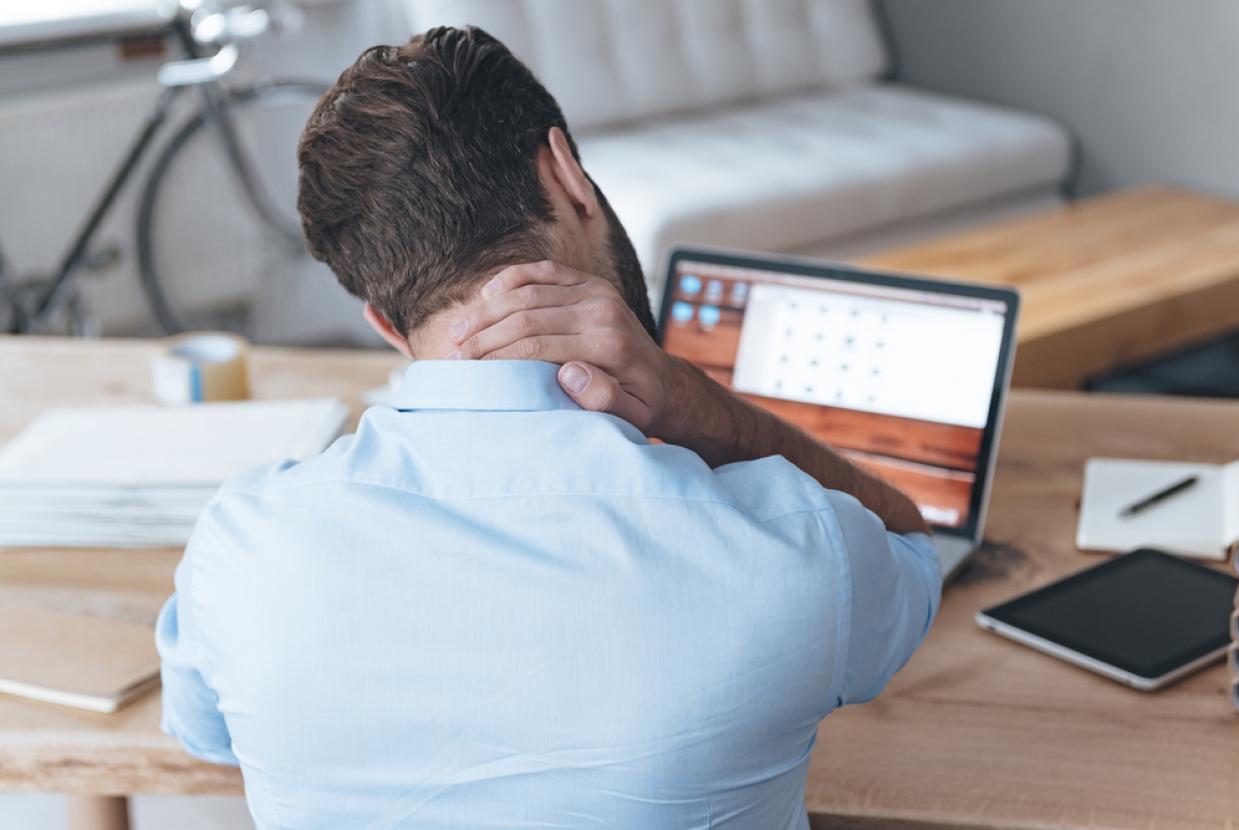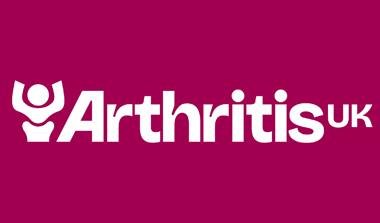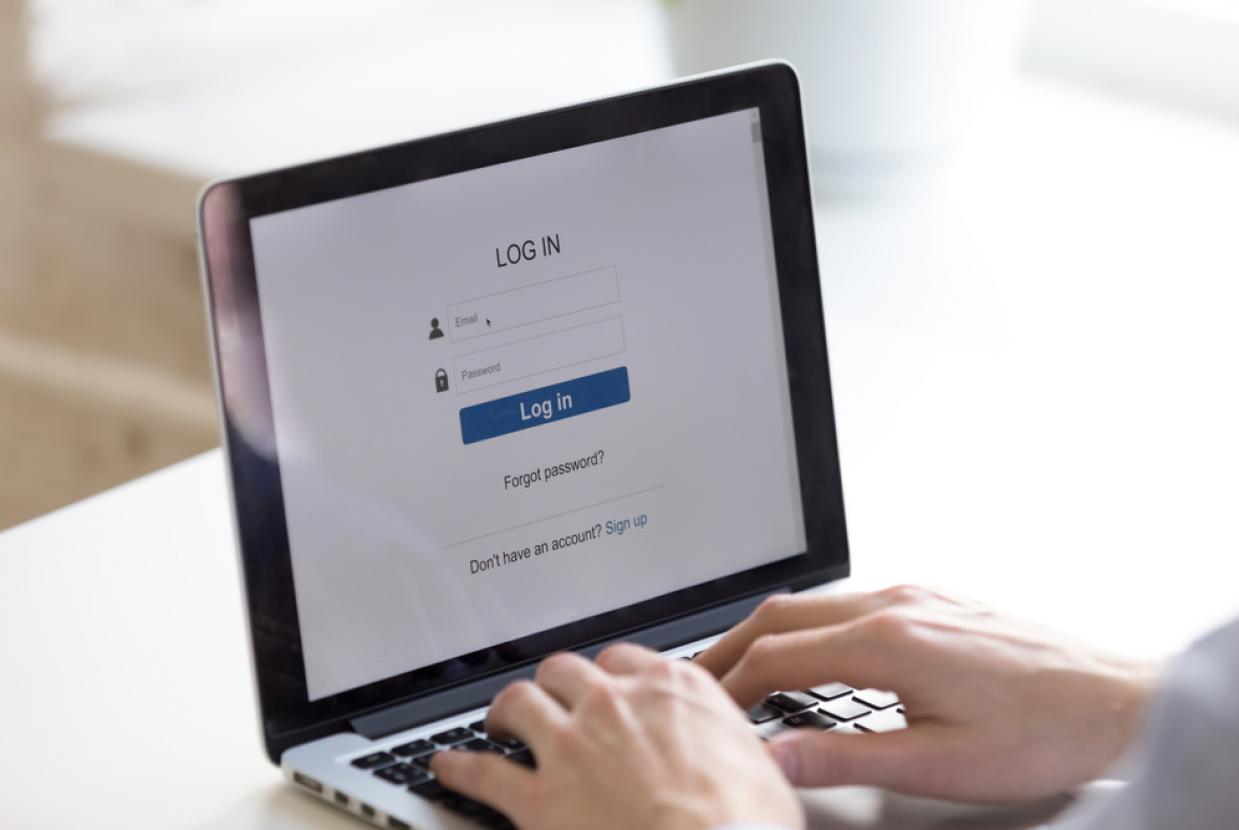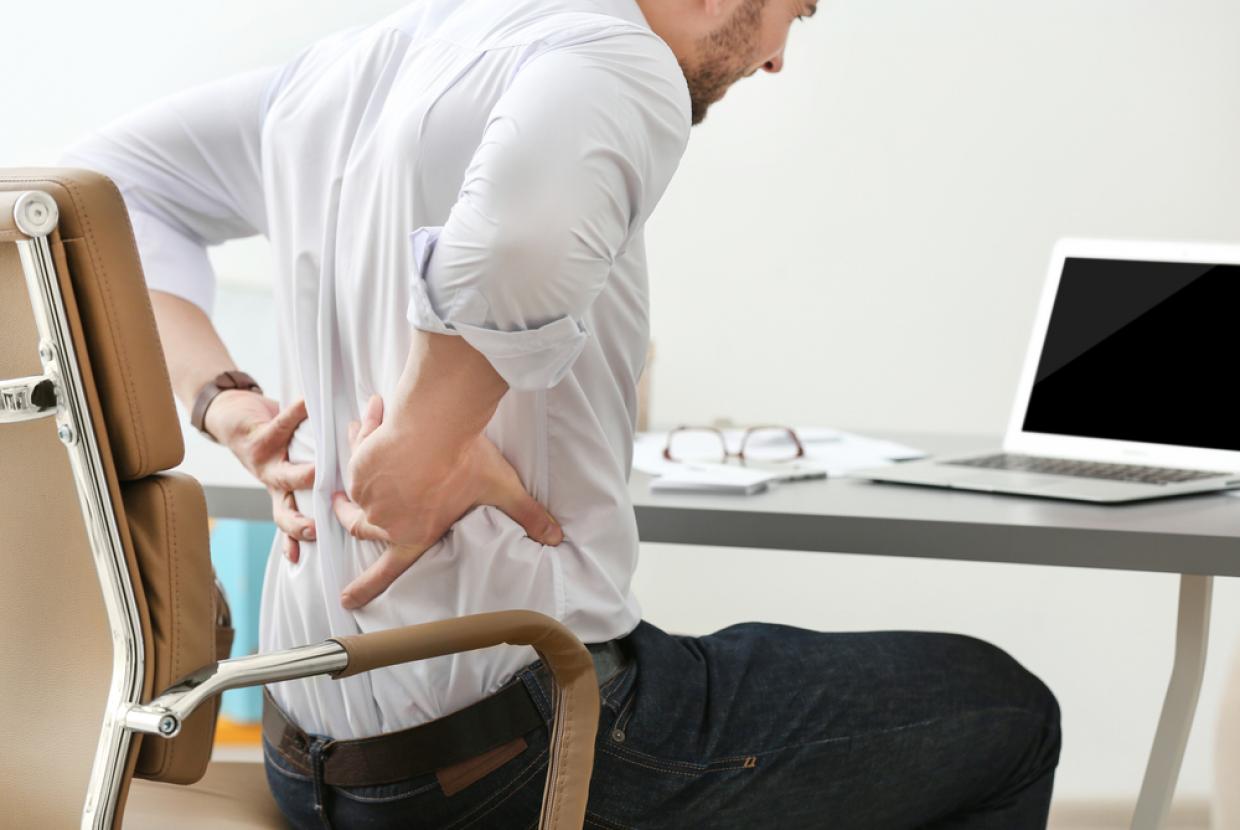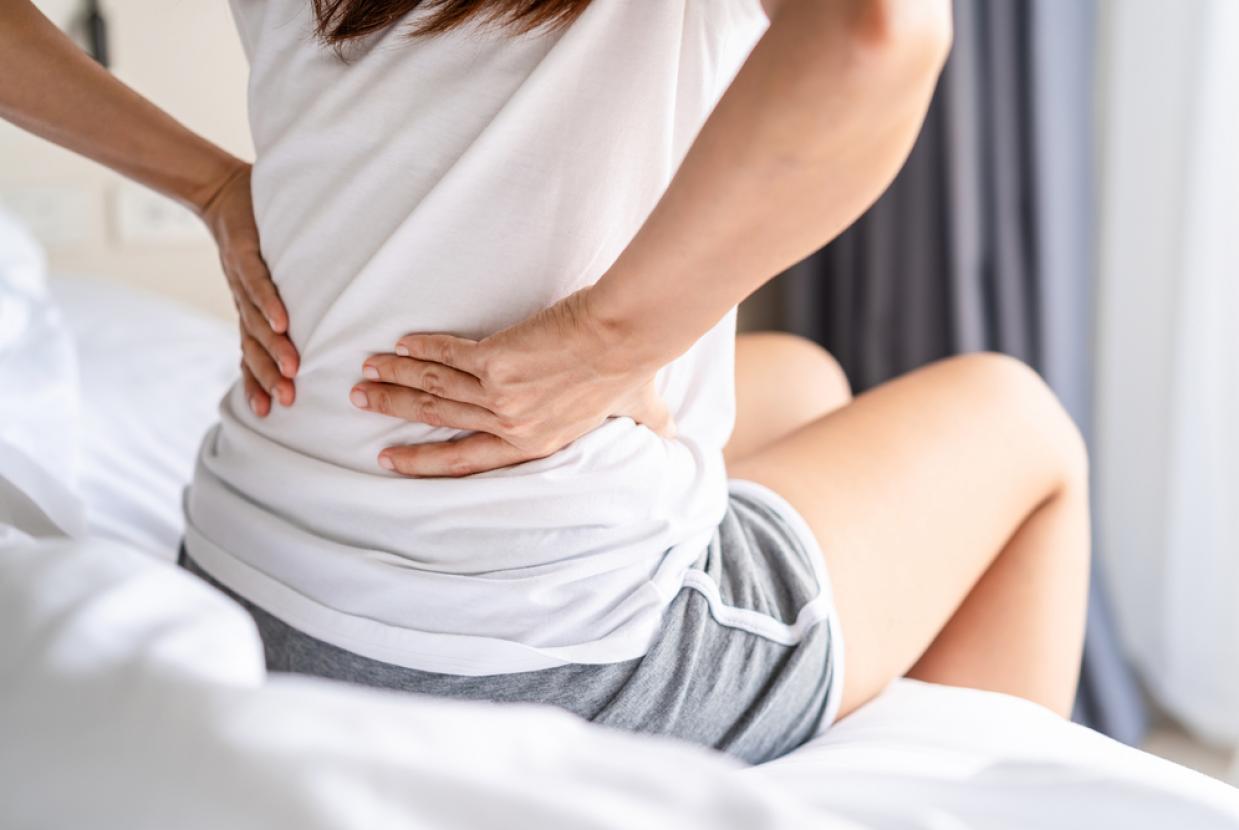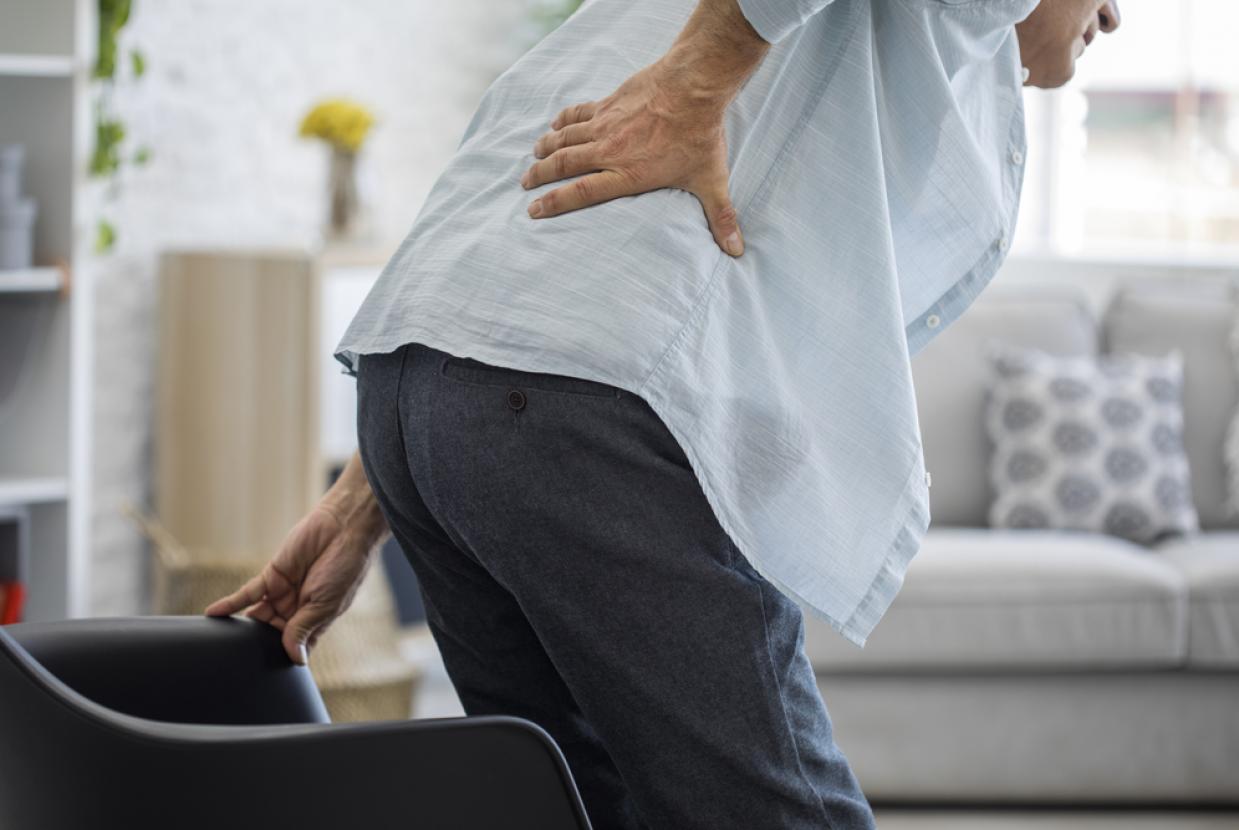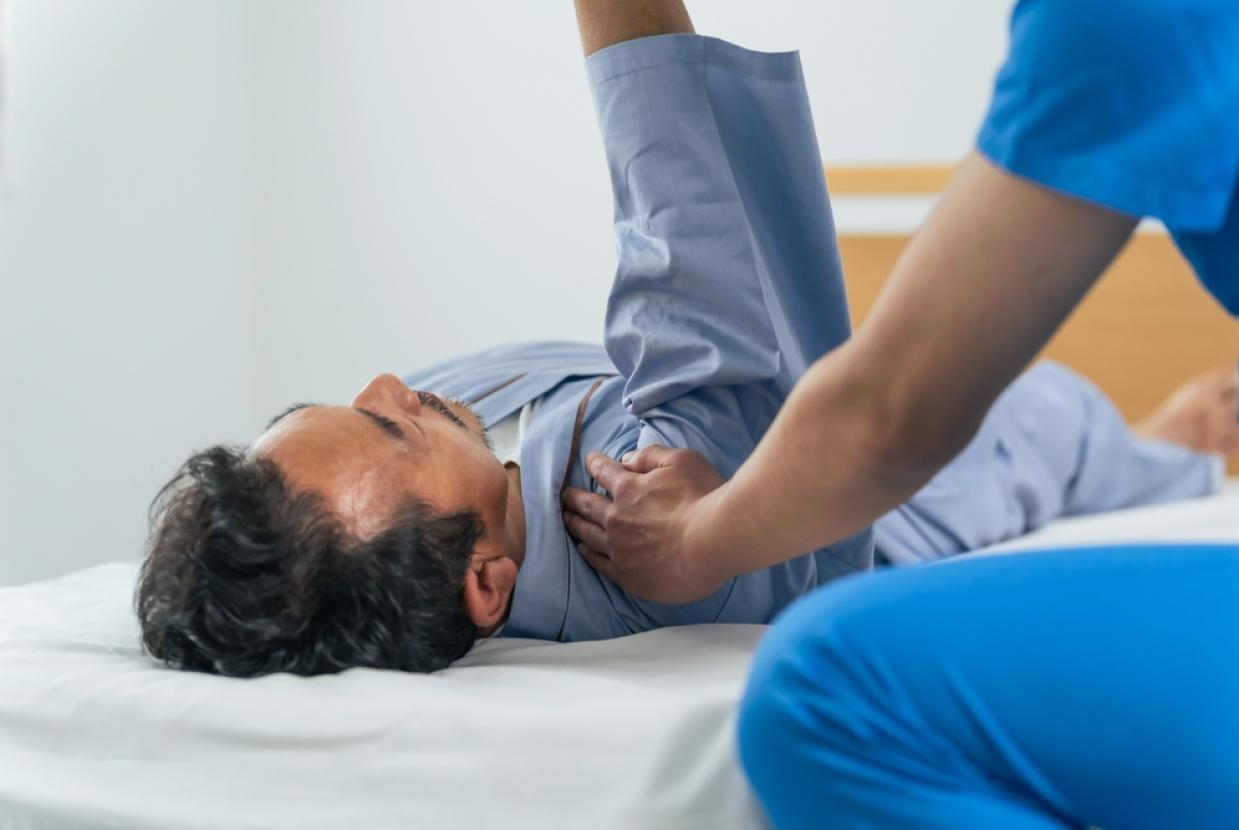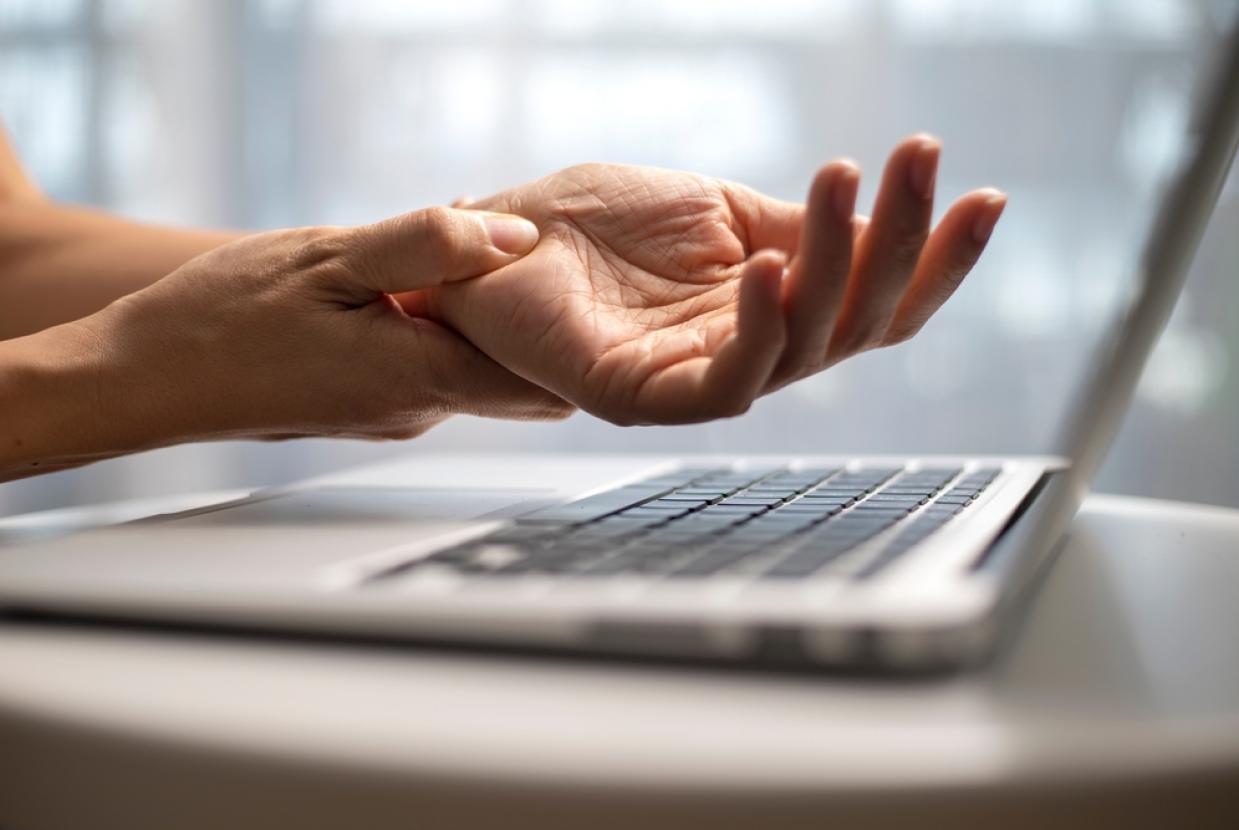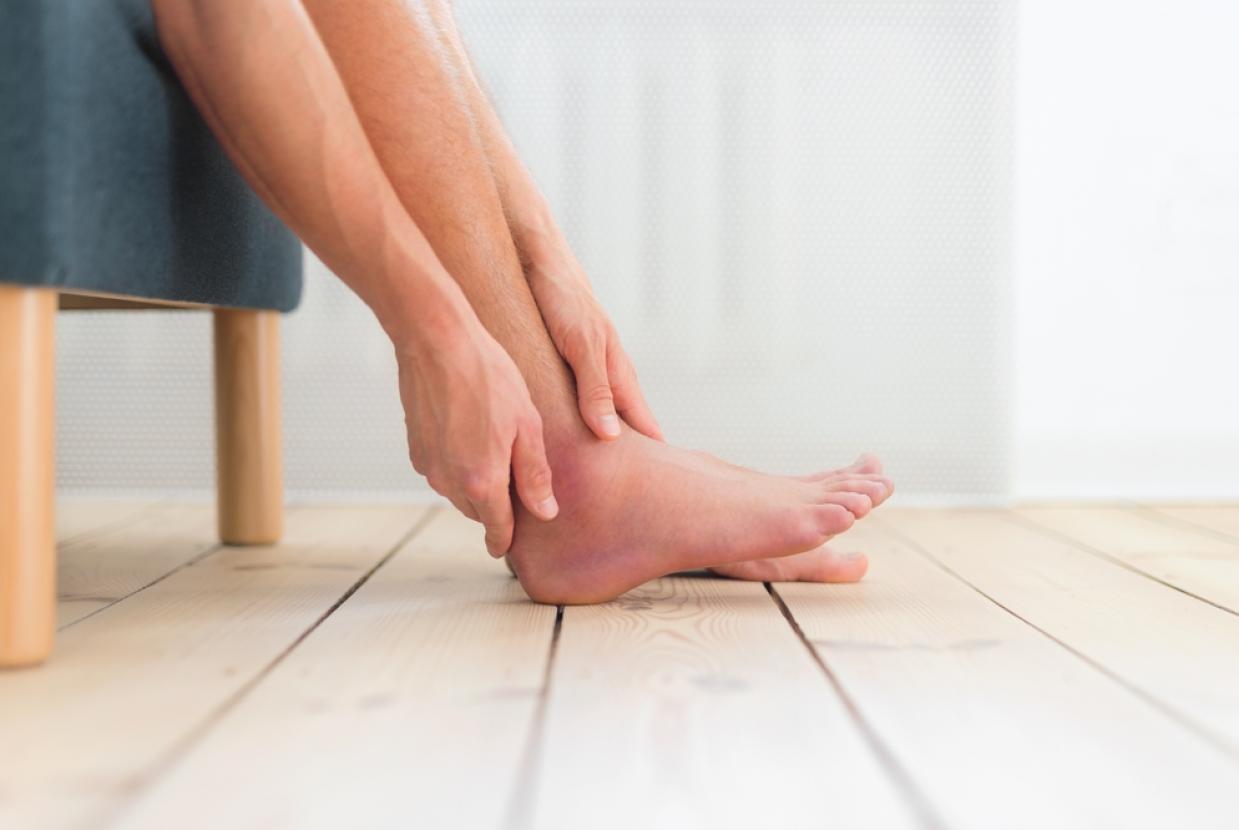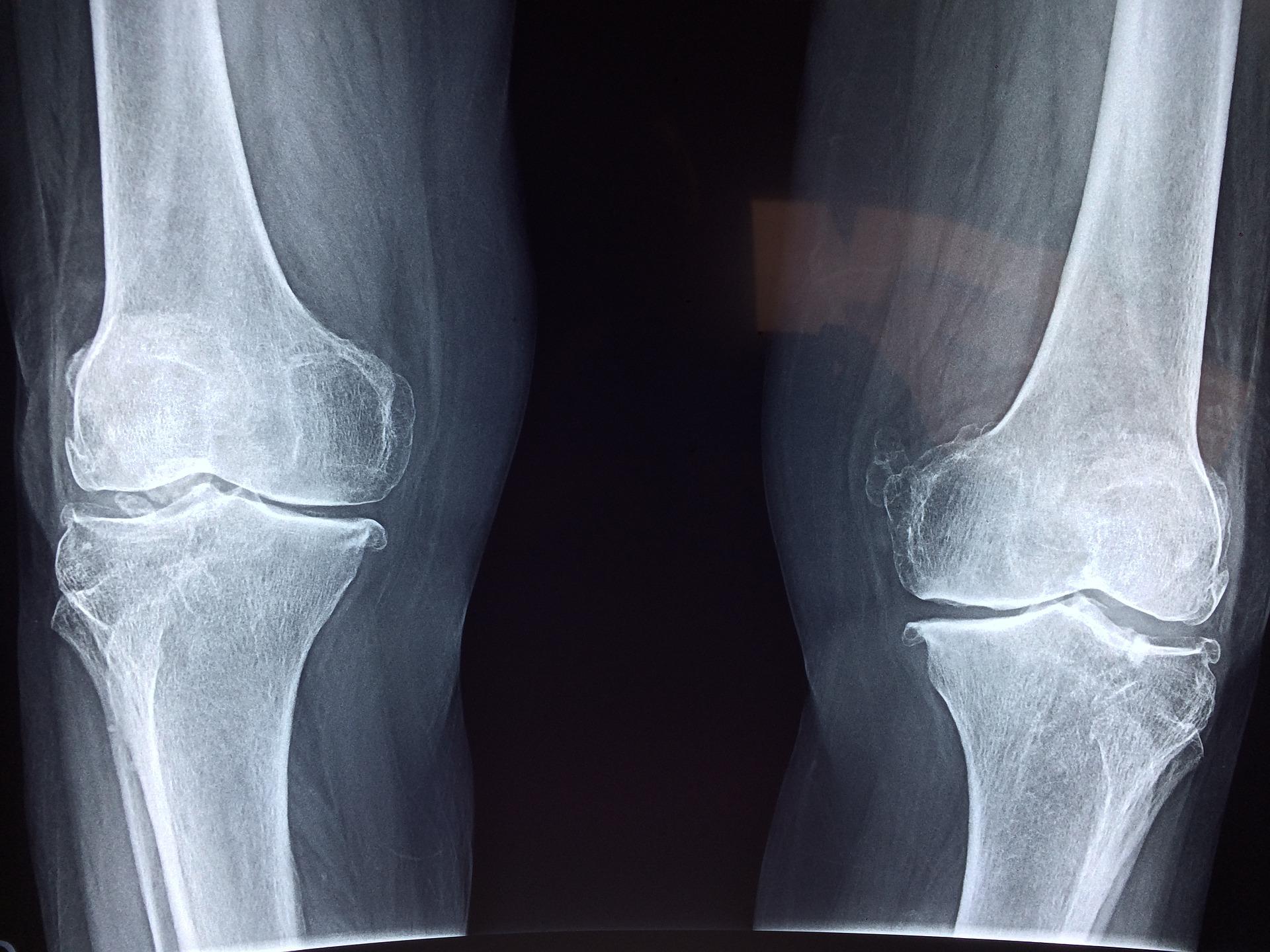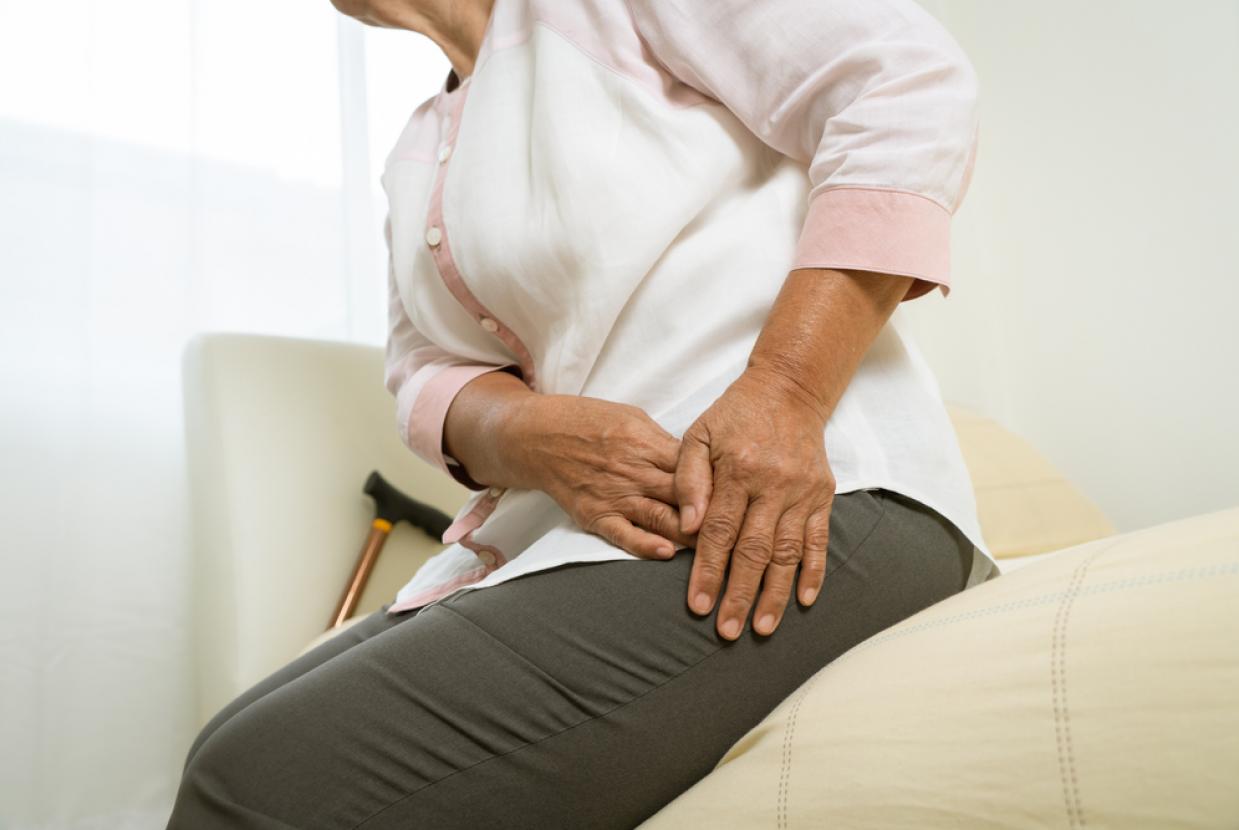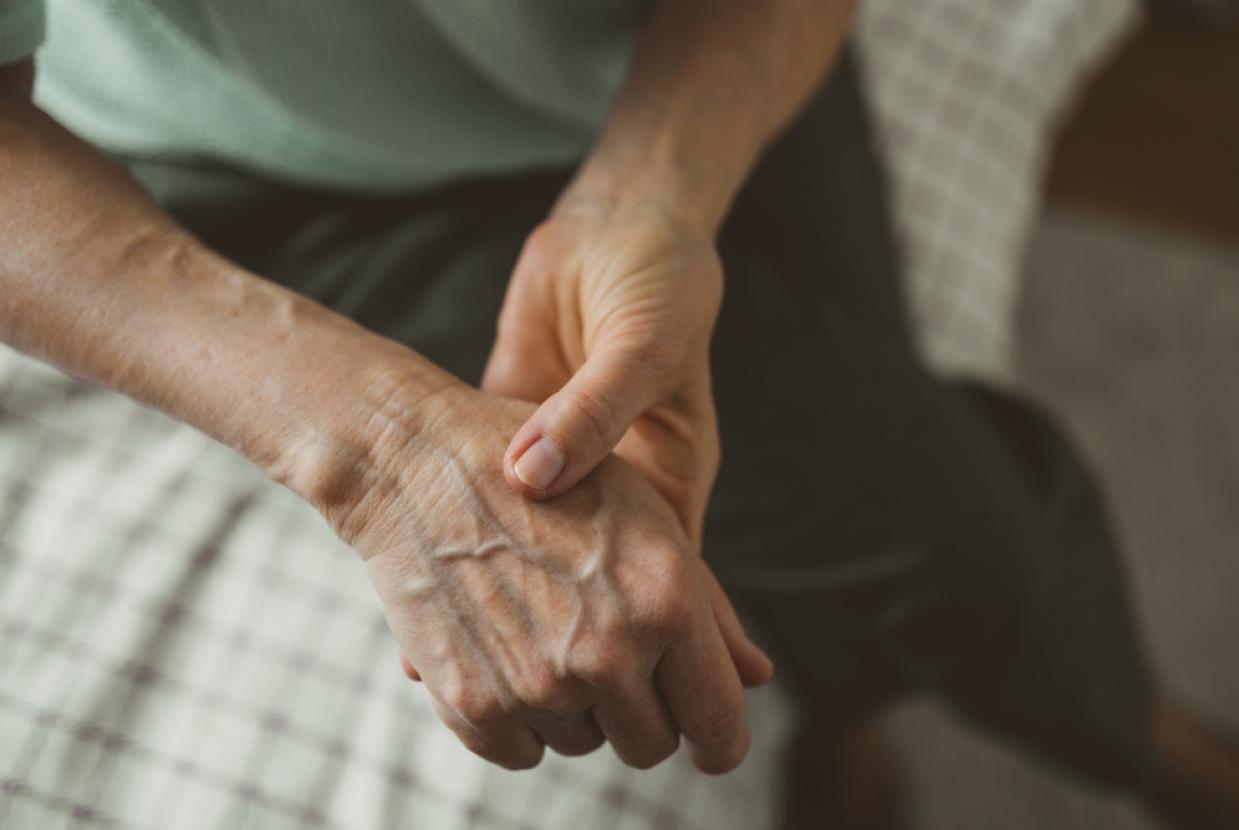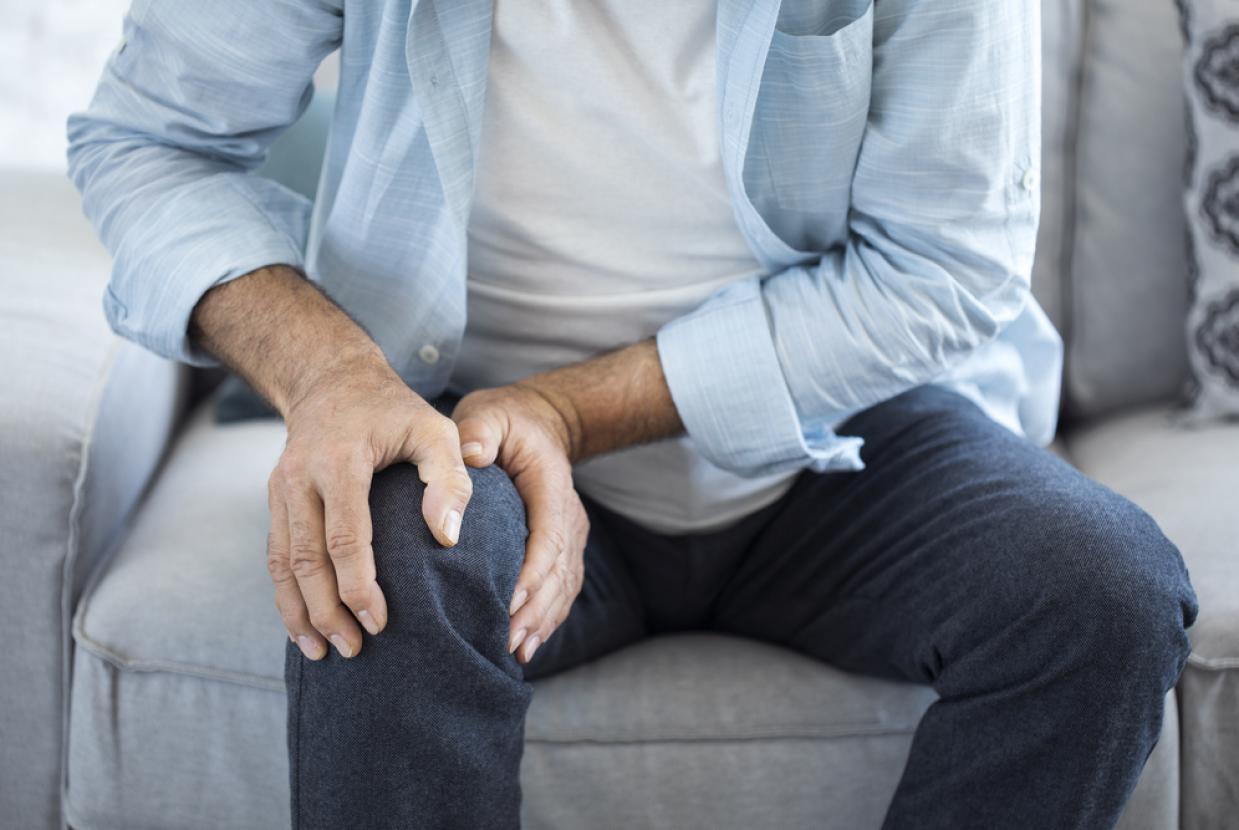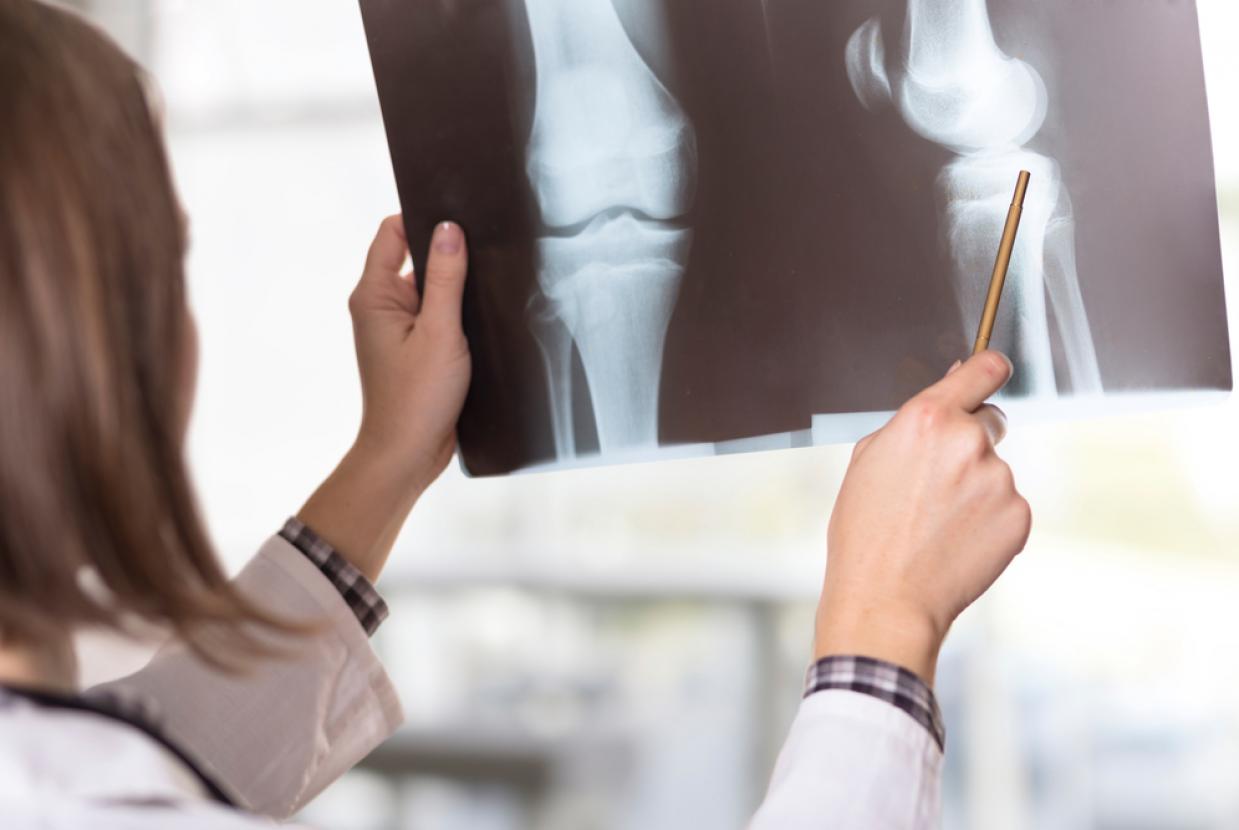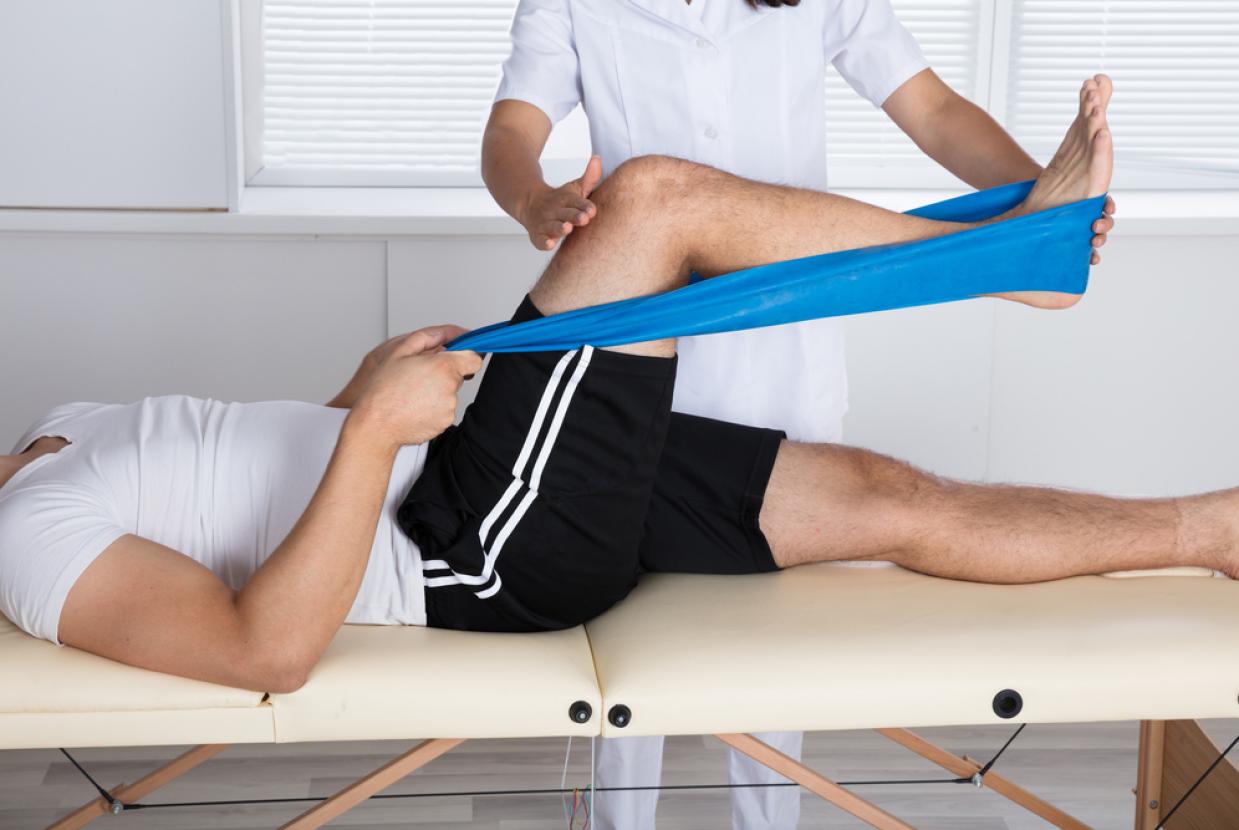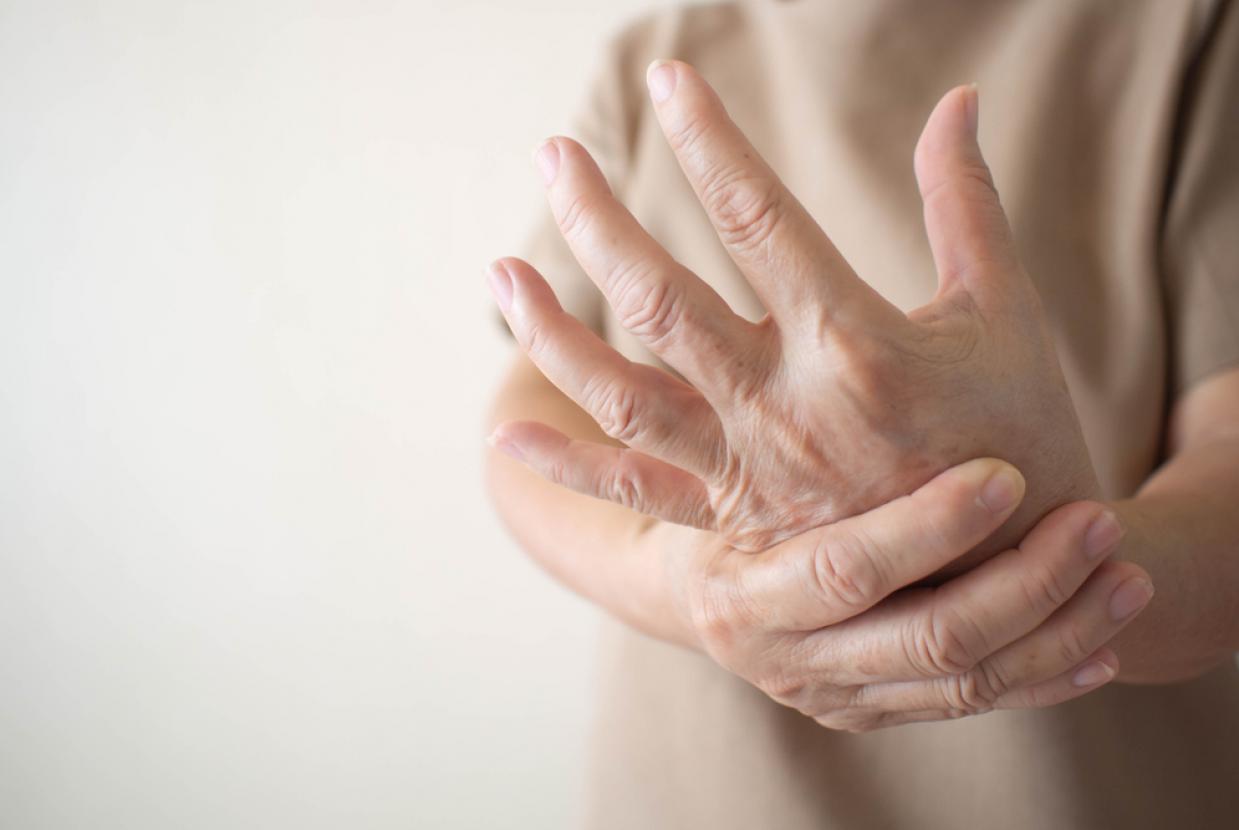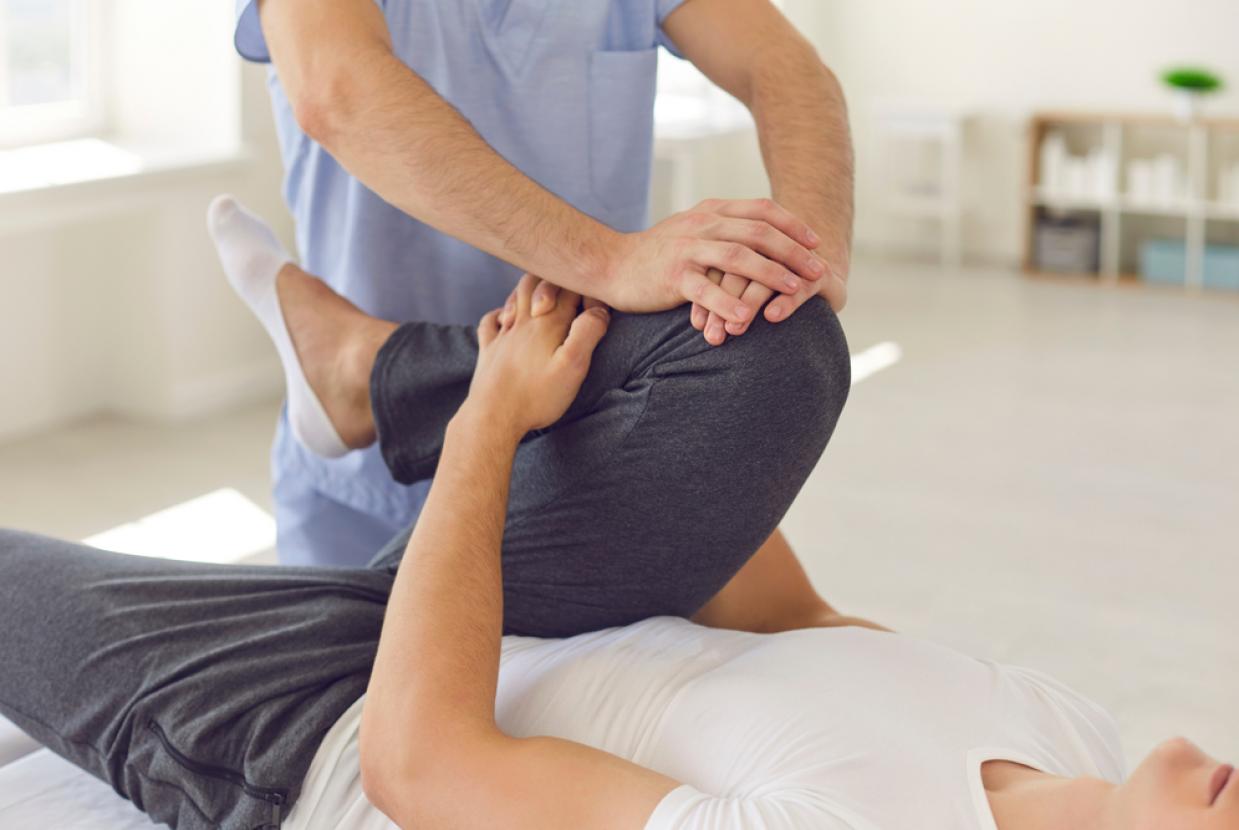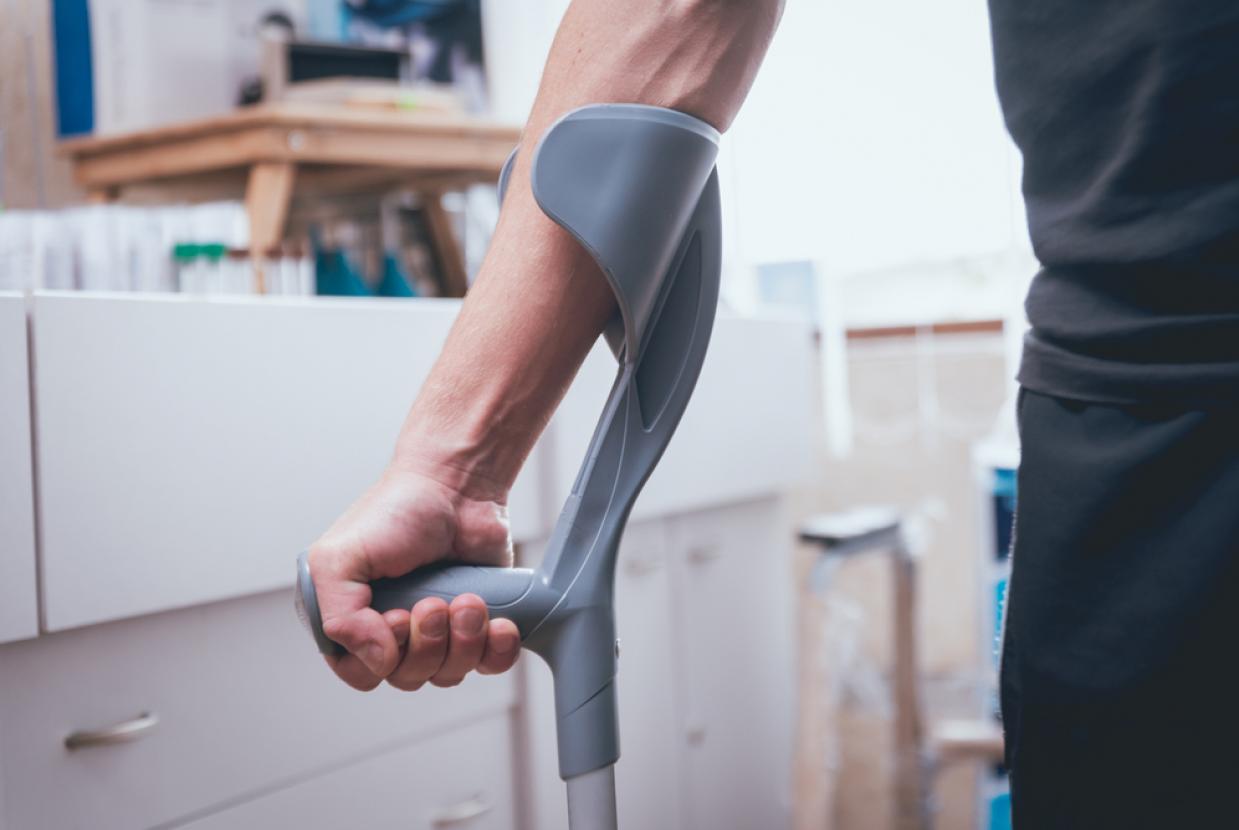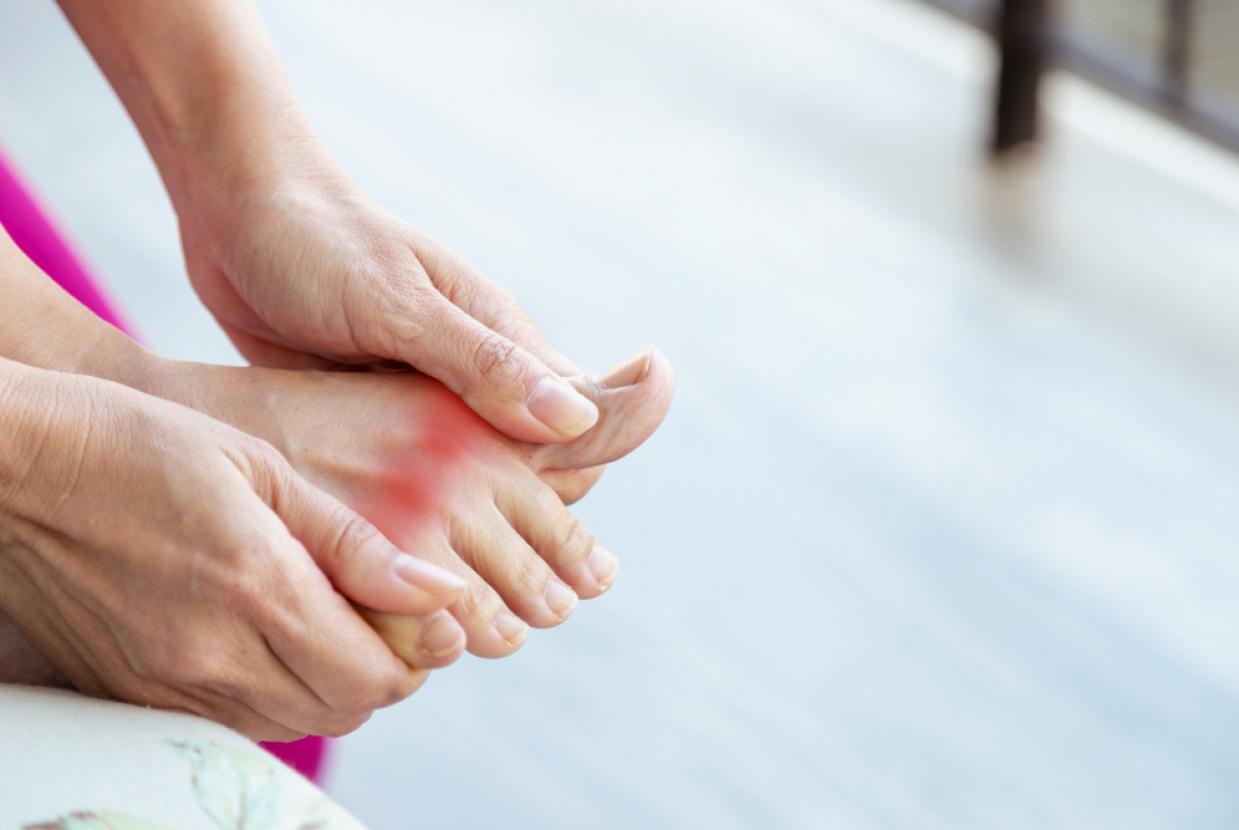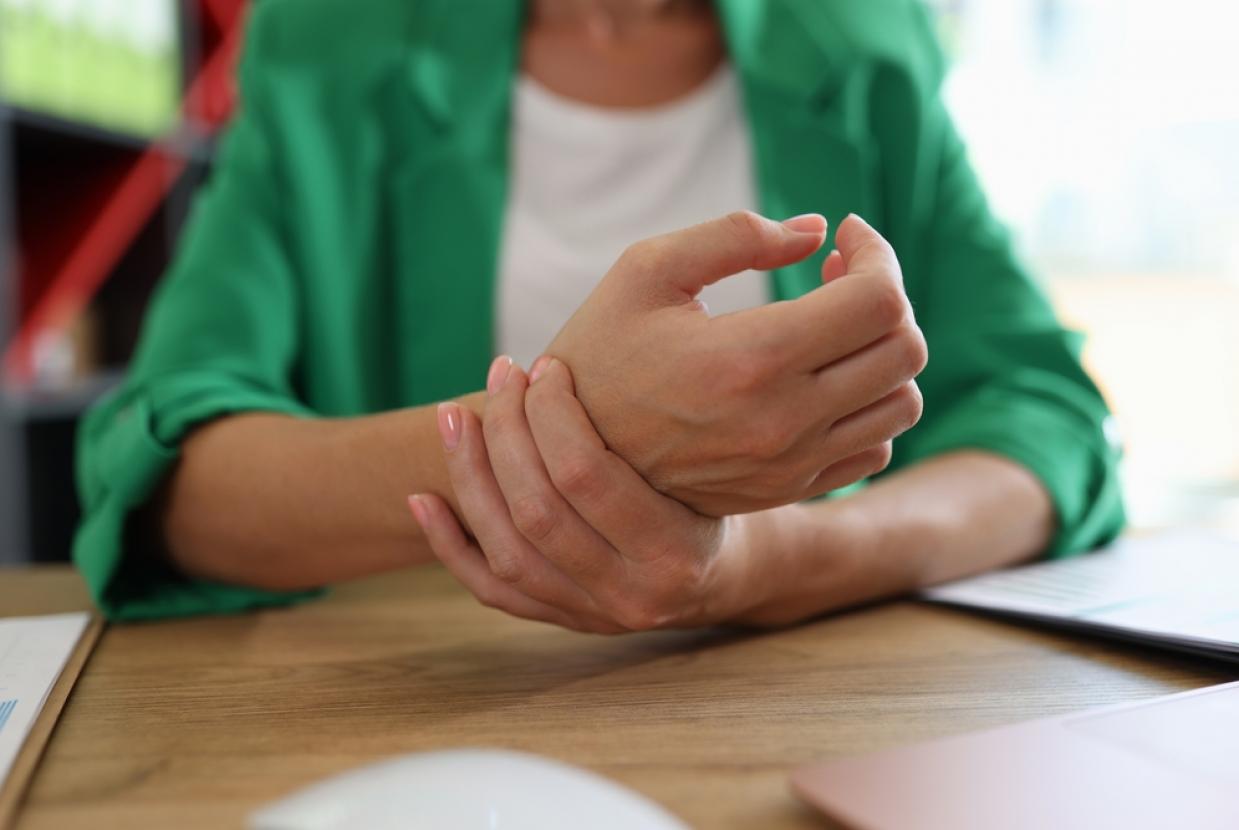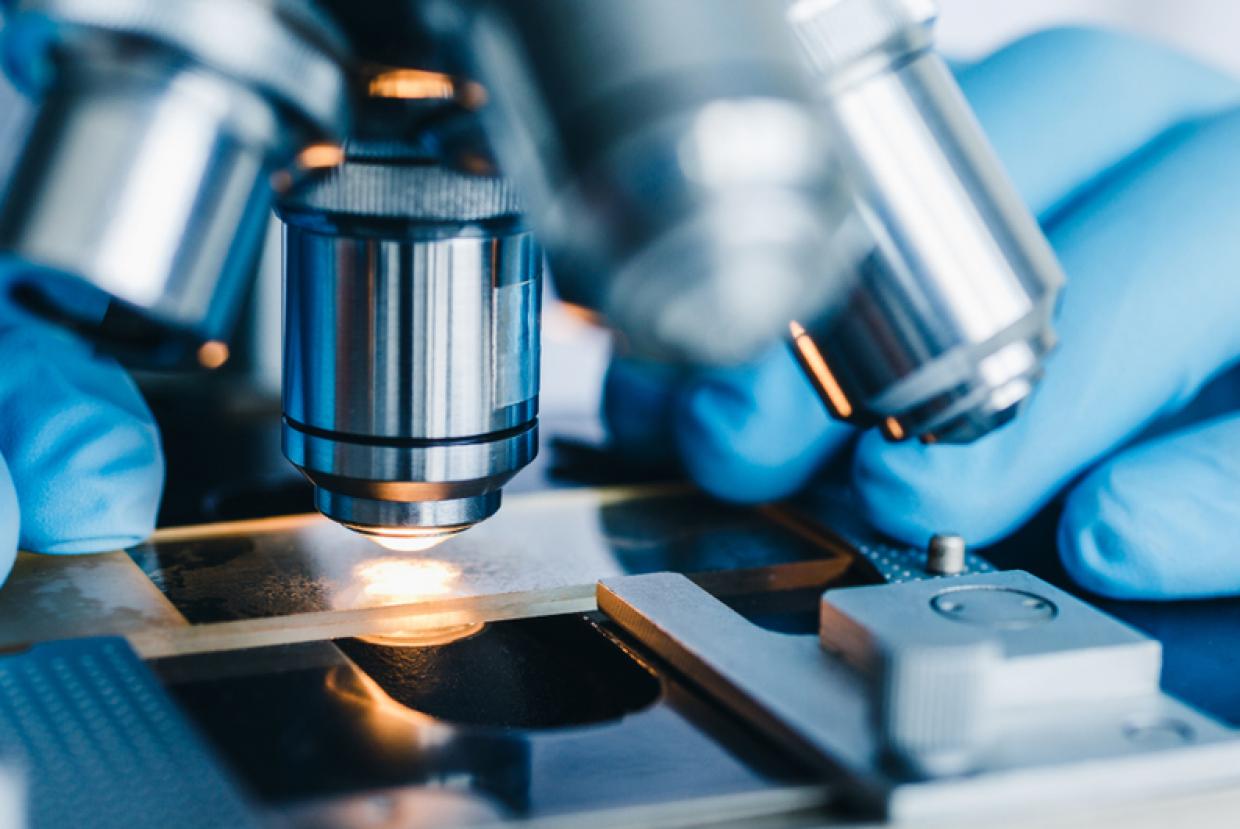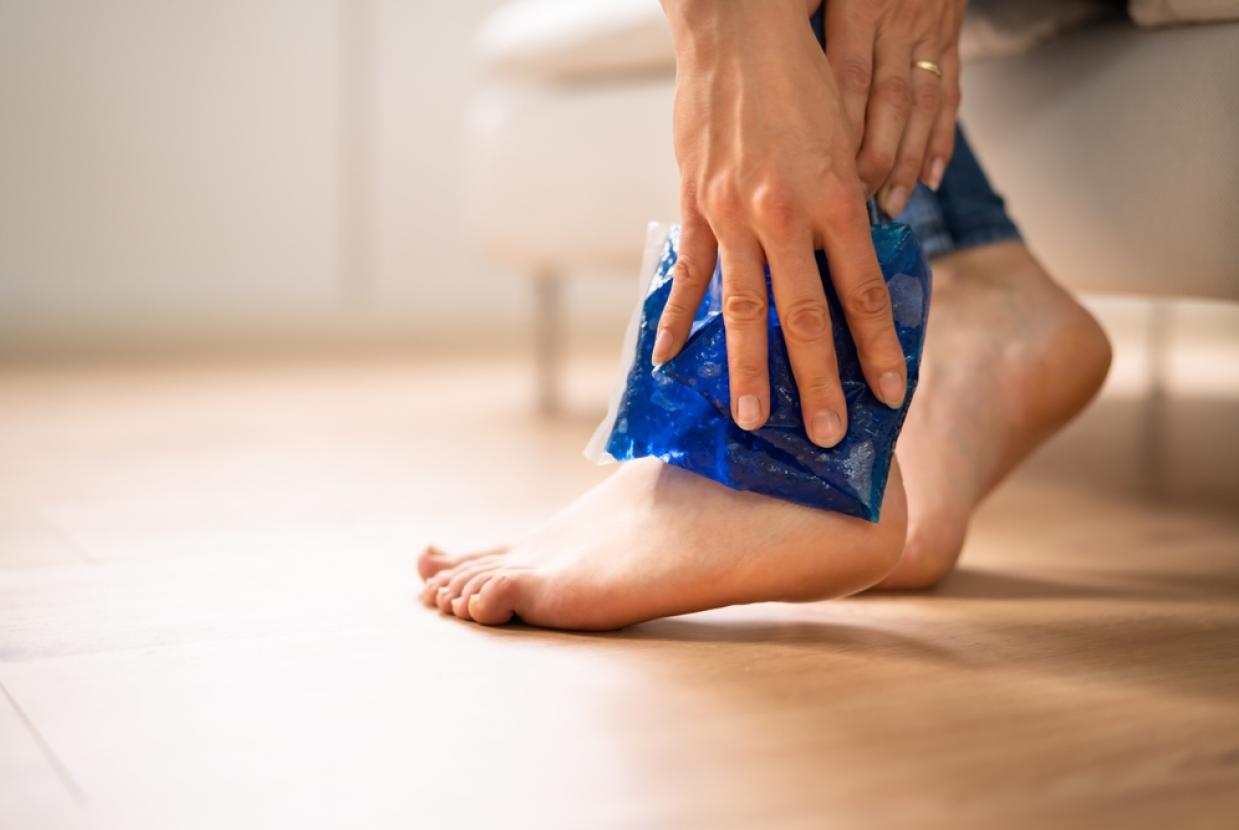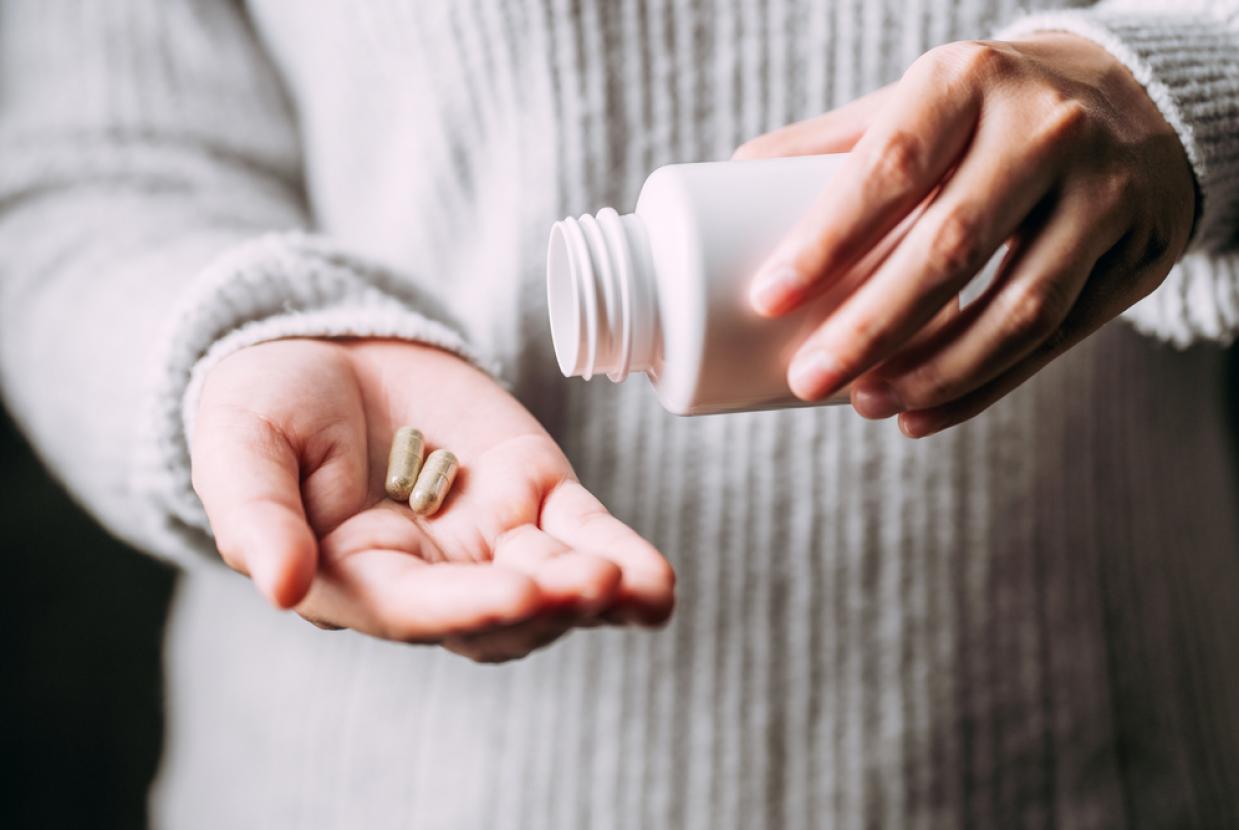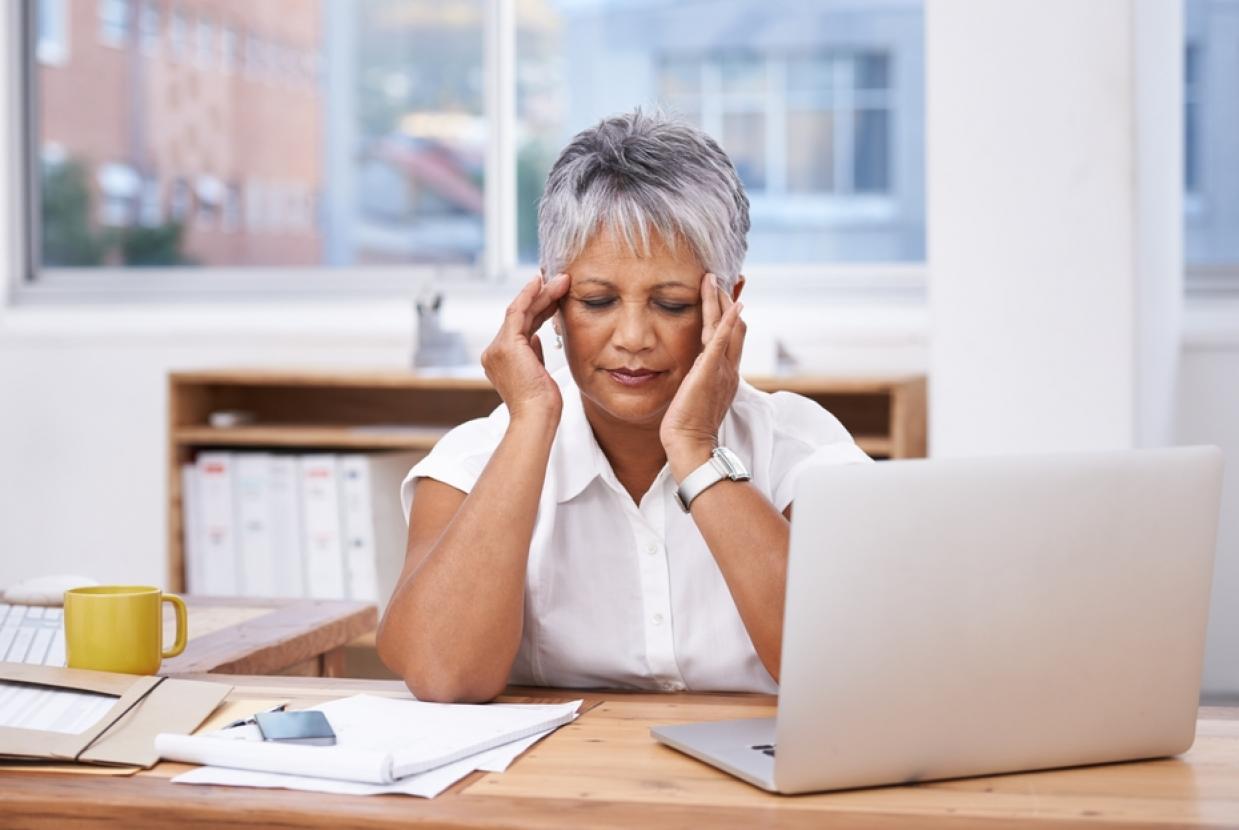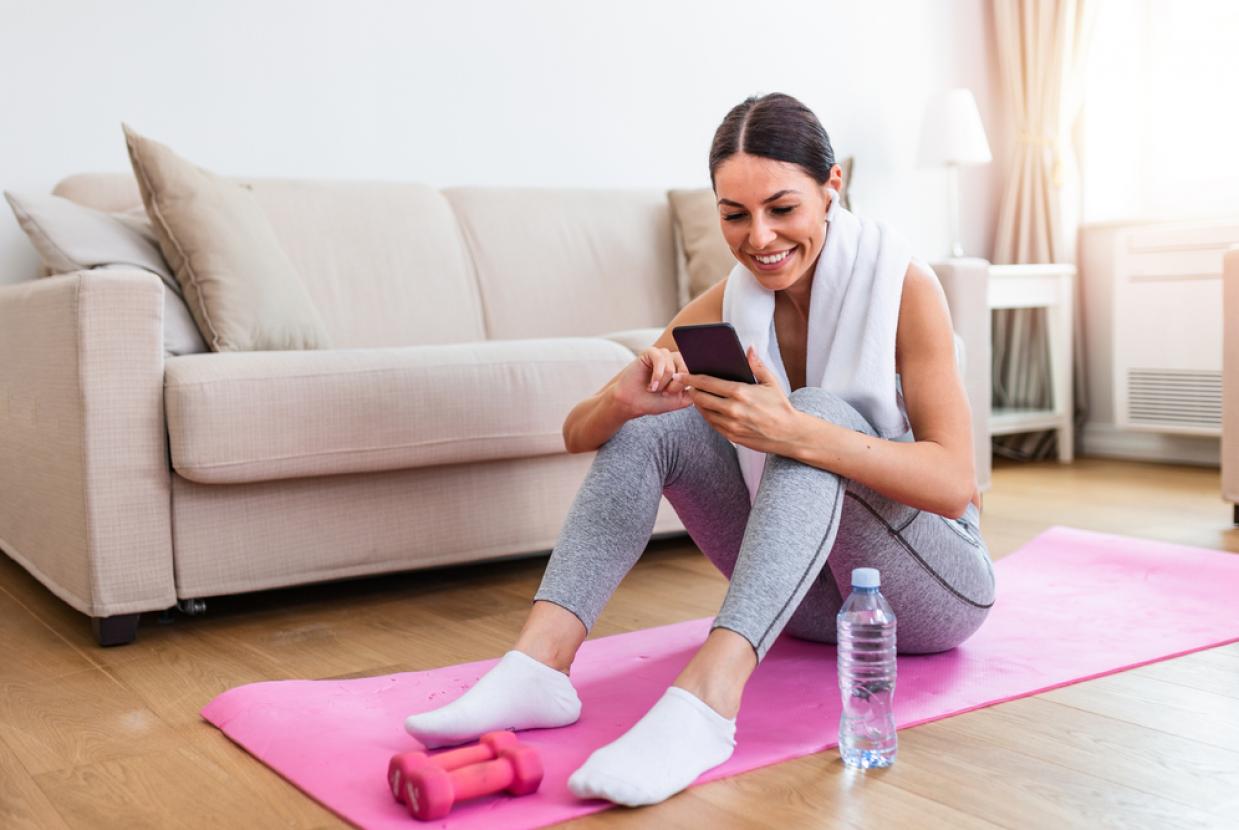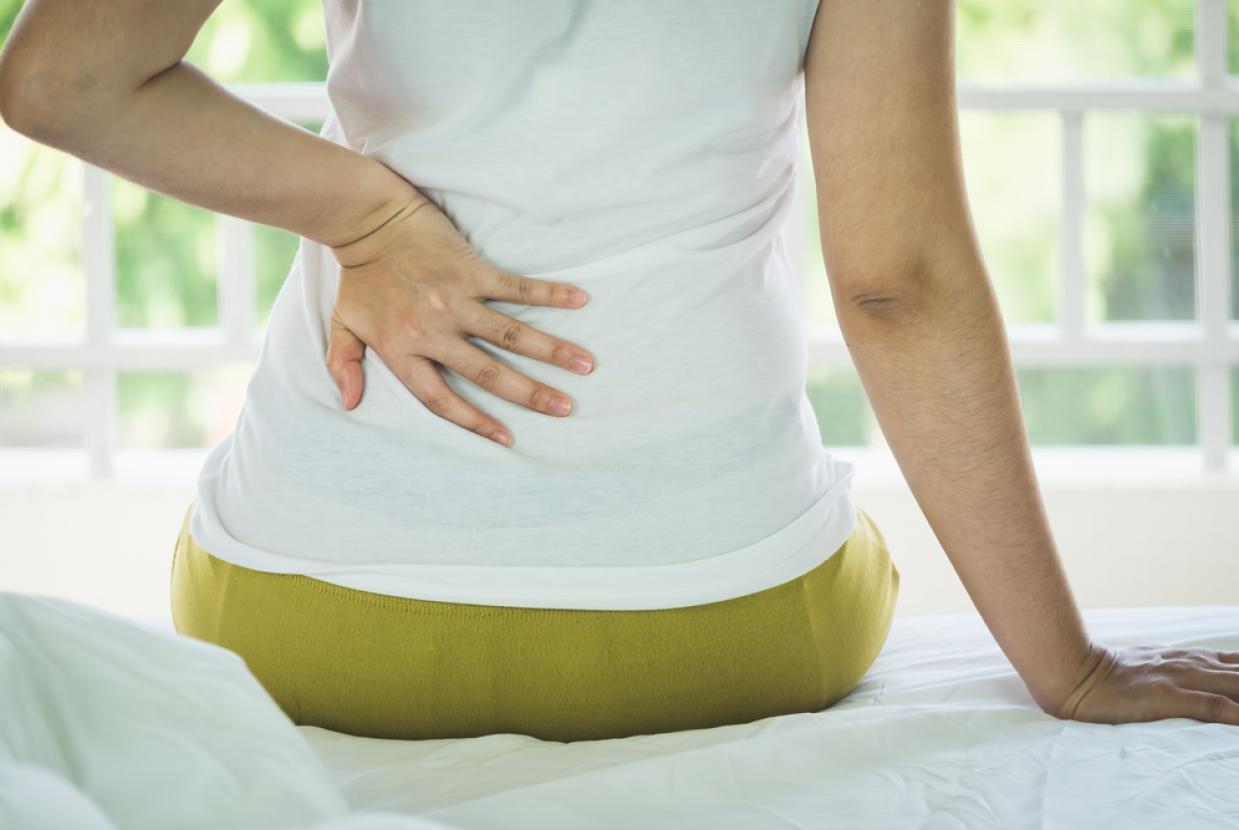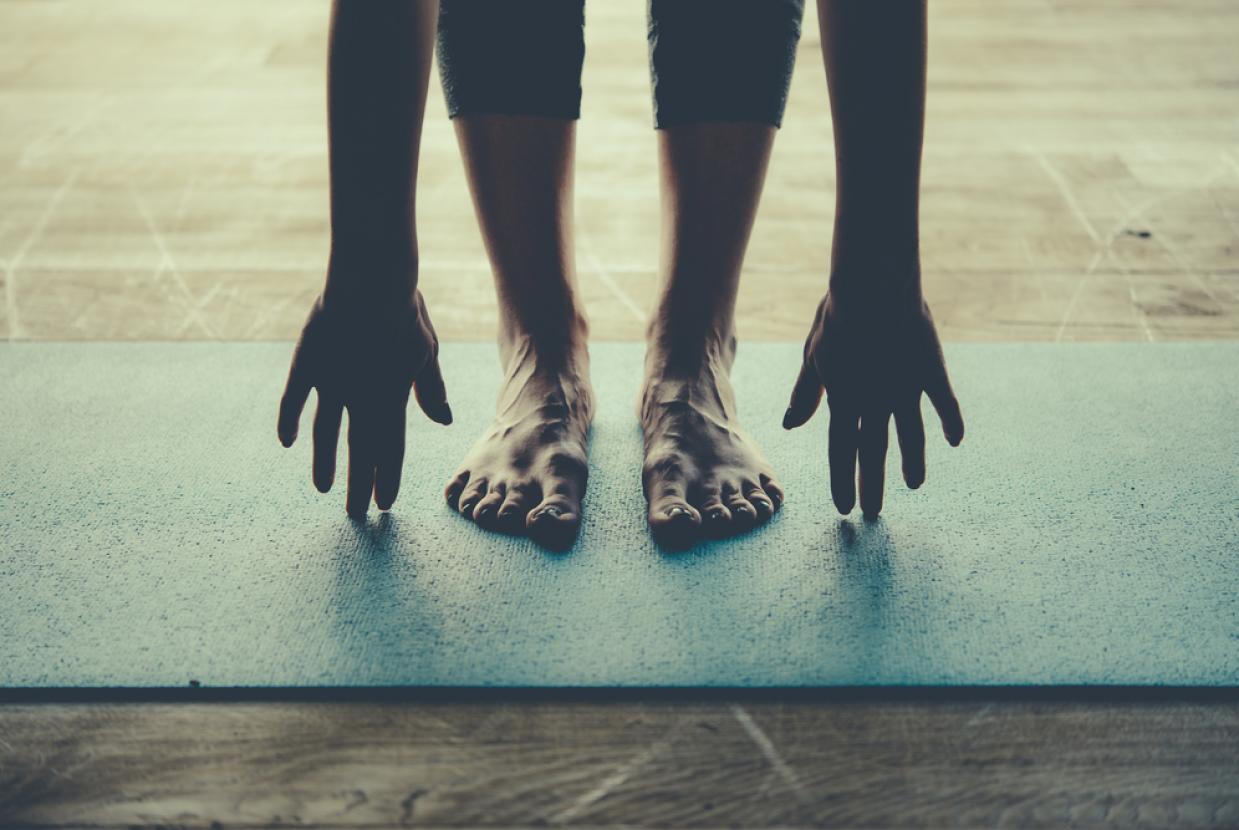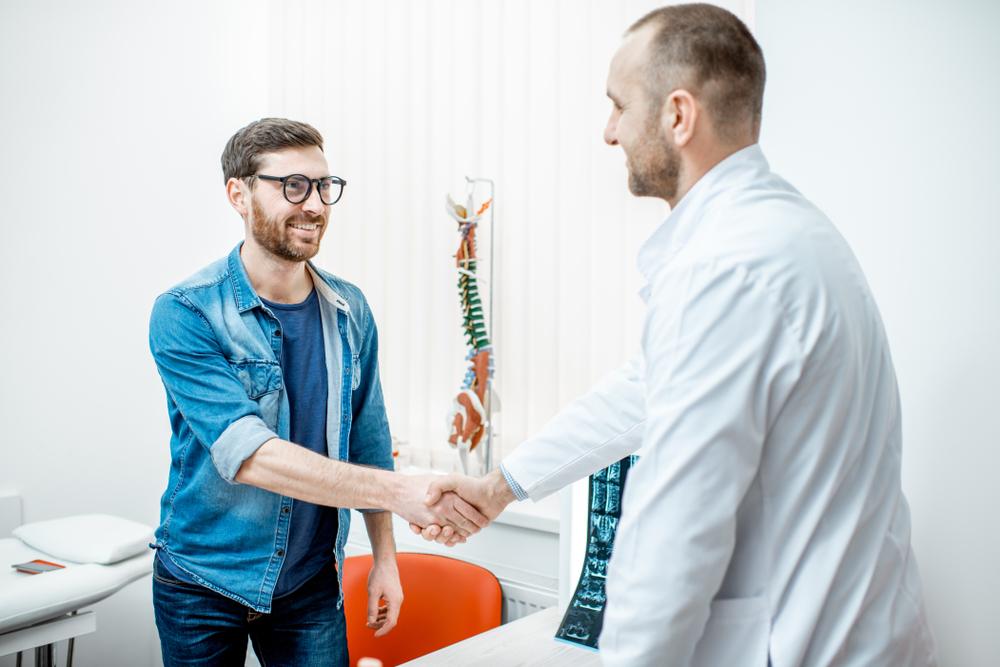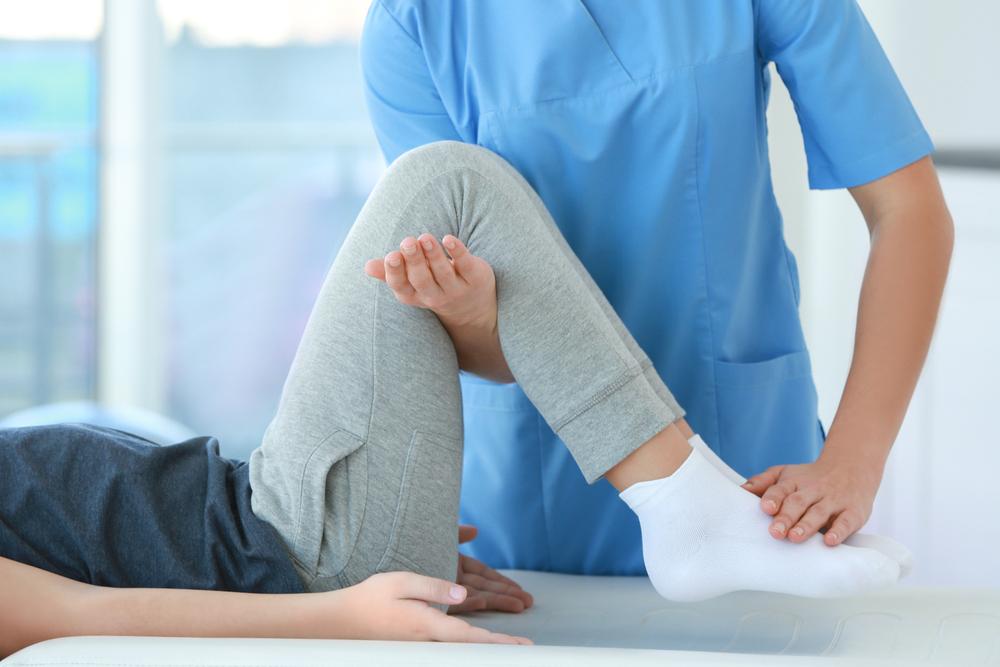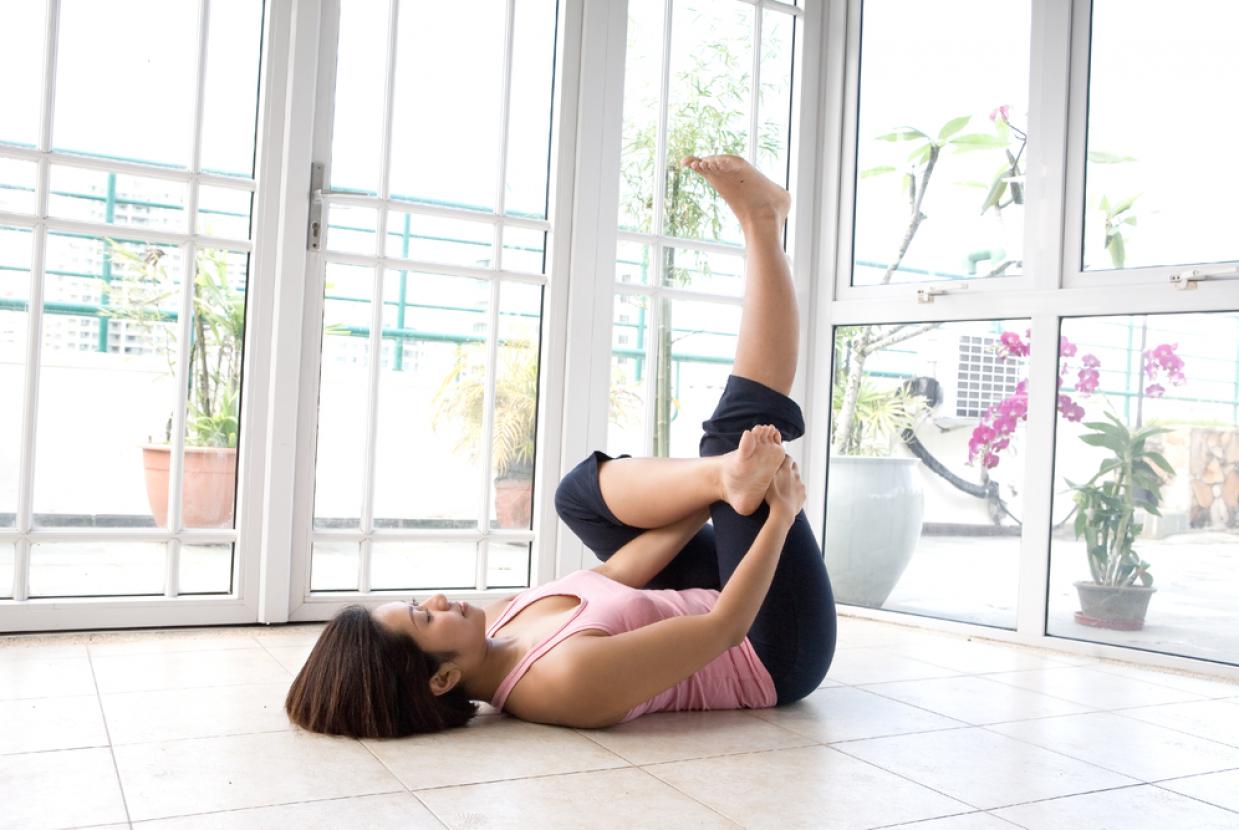Neck Pain
Your neck and back are made up of small bones called vertebrae. These are stacked on top of each other to form the spinal column. The spinal column supports your head and protects the spinal cord. This is the main structure which links the network of nerves throughout your body. Messages travel along this network sending sensations, such as pain, to your brain.
The top seven bones in the spinal column form your neck, and these are called the cervical vertebrae. The bones are linked together by facet joints. These are small joints between your vertebrae that, together with your neck muscles, allow you to move your head in any direction.
Between the vertebrae are discs of cartilage. The discs act as shock absorbers and give the spine its flexibility. A slipped disc occurs when one of these discs slips slightly out of its natural position in the spine.
When to see a doctor
If your neck pain lasts more than a few days, you should see a healthcare professional. You should also speak to them if you:
- have symptoms other than pain and stiffness
- have pain, tingling, numbness or weakness in your arms or legs
- have sudden severe pain after a fall or injury
- suddenly develop neck stiffness along with difficulty lifting both arms above your head.
Some rare causes of neck pain include:
- a fracture
- an infection
- a tumour
- inflammation – which can happen in ankylosing spondylitis or meningitis.
If you suspect you have any of the above, see your doctor urgently.
Causes
Neck pain is very common and most of us will have it at some point in our lives. Usually, neck pain is the result of holding your neck in the same position for too long. However, other things can also cause or contribute to neck pain, such as:
- worry or stress
- sleeping awkwardly
- an accident, which can cause whiplash
- a sprain or a strain
- a flare-up of cervical spondylosis; which can happen as the discs and joints in the spine age.
Many people develop a stiff and painful neck for no obvious reason. It may happen after sitting in a draught or after a minor twisting injury, for example while gardening. This is called non-specific neck pain. This is the most common type of neck pain and usually disappears after a few days, providing you keep gently moving your neck and rest when you need to.
You can often manage short spells of neck pain yourself using over-the-counter painkillers and gentle stretches. However, if your neck problem persists or significantly affects your everyday activities then it’s sensible to see a doctor or other healthcare professional.
Treatment
Simple self-help treatments and a day or two’s rest are often enough to clear up a spell of neck pain. But if you have a more complex or a continuing neck problem, a healthcare professional will be able to recommend other treatments and therapies that should help. If your pain isn’t settling, your doctor may also be able to prescribe stronger painkillers, although these aren’t suitable for everyone.
Physical treatments
Physiotherapists, chiropractors and osteopaths are all trained to treat neck problems. Treatment carried out by one of these therapists, along with home exercises, are often all that’s needed. They can suggest general or specific stretching and strengthening exercises for the neck.
It’s important to make sure that any physical treatments are given by qualified practitioners who are registered with the relevant body.
Manipulation
Manipulation is a type of manual therapy used to adjust parts of your body to treat stiffness. It can be uncomfortable at the time, so it’s important to understand what’s involved. Make sure you discuss your condition with your therapist and explain what symptoms you have been experiencing. This will enable them to make a more informed decision on what types of treatments you are most likely to benefit from.
It’s also a good idea to seek advice from a healthcare professional before you try manipulation as, even though some people report to have benefitted from it, it’s not suitable for everybody. If you have a condition such as osteoporosis, some therapies won’t be recommended.
The Alexander Technique
The Alexander technique is a method of teaching bodily awareness and reducing unwanted muscle tension. A qualified teacher will advise you on your standing and sitting posture and your patterns of movement. Some physiotherapists are trained in this technique, but it’s not always available on the NHS.
If you have spinal problems, such as a slipped disc, this technique might not be suitable for you.
TENS (transcutaneous electrical nerve stimulation)
A TENS machine is a small battery-driven machine which may help to reduce pain. Small pads are placed over the painful area and low-voltage electrical stimulation produces a pleasant tingling sensation. It’s suggested that this can interfere with pain signals from the nerves to the brain. You can buy TENS machines from pharmacies, but your physiotherapist may be able to let you borrow one to try first.
Managing symptoms
Simple self-help treatments and a day or two's rest are often enough to clear up a spell of neck pain. If you do have a more complex or persistent neck problem, your doctor will be able to recommend other treatments and therapies.
Painkillers
Painkillers such as paracetamol will often help. It’s best to take them before the pain becomes very bad, but you shouldn’t take them more often than prescribed.
Over-the-counter non-steroidal anti-inflammatory drugs, such as ibuprofen, can also help. You can use these for a short course of treatment (about 5-10 days), but if they’ve not helped within this time then they’re unlikely to. If the pain returns when you stop taking the tablets, try another short course. You can rub anti-inflammatory gels or creams onto tender areas if you prefer.
NSAIDs can interact with other drugs such as warfarin, so it’s best to check with a pharmacist before you start taking them.
You shouldn’t take ibuprofen or aspirin if you’re pregnant, if you have asthma, a stomach ulcer or any heart problems, until you’ve spoken with your doctor or pharmacist.
Relaxation
Stress can make neck pain worse. One way of reducing the effects of stress is to learn how to relax your neck muscles. Aim for a balance between relaxation and exercise.
There are many relaxation, meditation or mindfulness tapes, CDs and MP3 downloads available. Your doctor or physiotherapist may be able to offer you some. If not, they’re also available to buy online and from high-street shops.
Using heat and ice packs
Applying a heat pack to your neck can help to ease pain. You can use a microwavable wheat bag, a hot-water bottle or a reusable heat pad; which you can buy from chemists and sports shops. An ice pack, or even a bag of frozen peas, can also be helpful.
Make sure you wrap heat or ice packs in a towel and don’t put them directly onto your neck to avoid burning or irritating your skin. You might want to consider applying a heat pack to your neck before and after exercise to help soothe the muscles.
Massage
Gentle massage of your neck muscles, particularly with aromatic oils, often helps. However, you should discuss the use of these oils with a healthcare professional as they won’t be suitable for everybody. You should be particularly careful if you’re pregnant or have a condition such as epilepsy.
Rubbing the area with ointments and creams can also help by reducing pain and producing a feeling of warmth. Some over-the-counter ointments contain capsaicin. This is an extract of the pepper plant that can be used as a painkiller. A similar but stronger preparation is available on prescription.
Sleep
If your pillow is too firm or thick, it can make neck pain worse. Changing the number or position of pillows may be helpful. Your head and neck should be supported so your head is level with your body in a neutral position. The pillow should fill in the natural hollow between the neck and shoulders – a soft or moulded pillow may be useful, or a supportive roll inside your pillow case can support the hollow of your neck.


